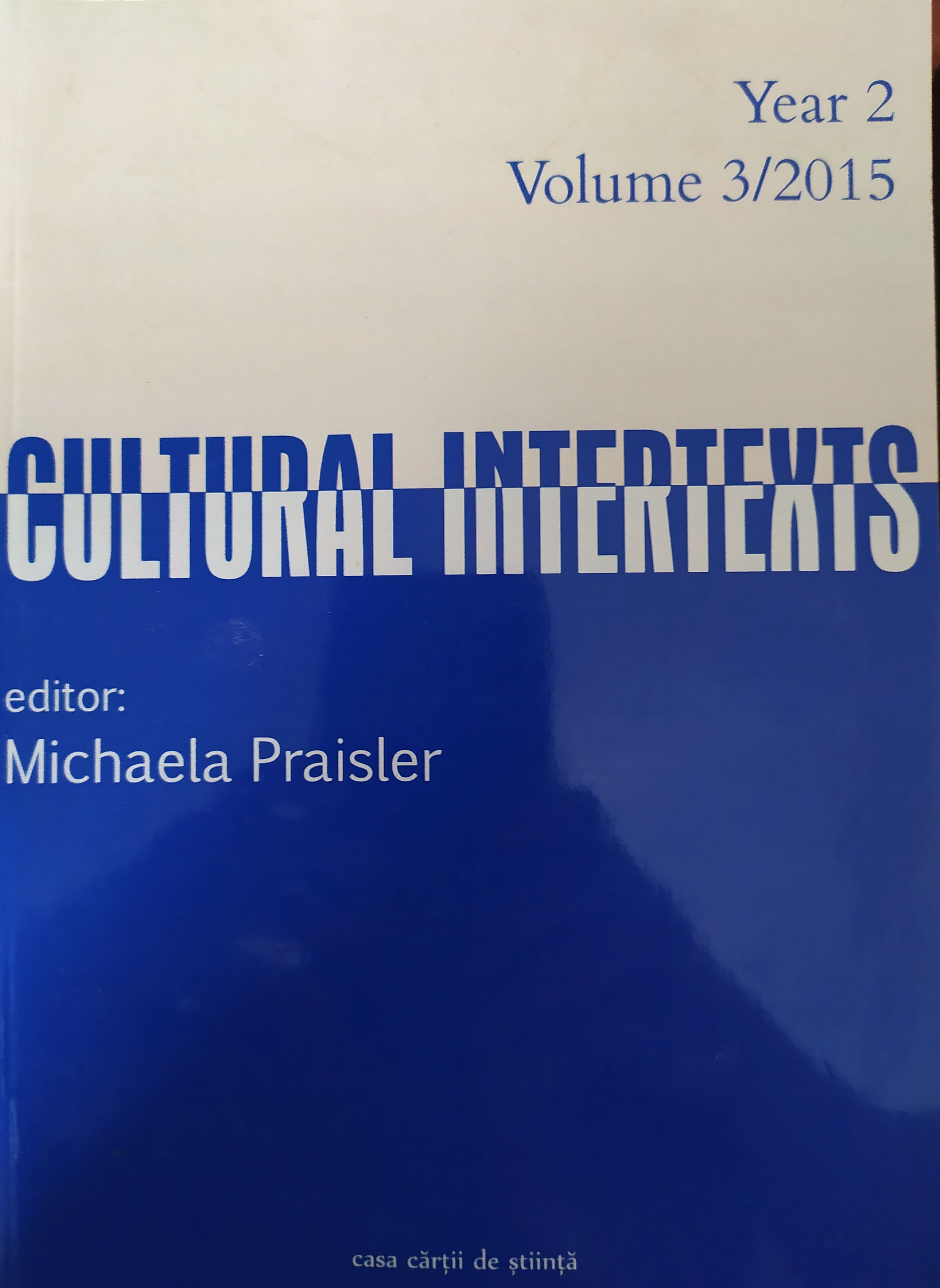Western Political Philosophy in J. M. Coetzee’s Diary of a Bad Year
Western Political Philosophy in J. M. Coetzee’s Diary of a Bad Year
Author(s): Oana-Celia Gheorghiu, Michaela PraislerSubject(s): Studies of Literature, Political Philosophy, Sociology of Culture
Published by: Editura Casa Cărții de Știință
Keywords: politics of the novel; diary; contemporary issues; polyphony; intertextuality;
Summary/Abstract: This paper aims at evaluating J. M. Coetzee’s Diary of a Bad Year – a novel which, for the time being at least, has received much less critical assessment than the writer’s widely-acknowledged masterpieces – from the perspective of the intertextual relation it establishes with Western philosophers in point of political thinking, but also from that of its own politics of writing, which have geared the author towards experimenting with the traditional, feminine and introspective, diary mode in view of forwarding his opinions on perennial, yet acutely contemporary issues such as the state and the constraints it incurs, democracy, anarchism, terrorism, doctrine; on breaking news issues like avian influenza or Al-Qaida; but also on lighter topics such as music, the body, tourism, language use or authority in fiction. On the one hand, the reading thus discloses Coetzee’s affiliation to certain patterns of Western philosophical thinking, which he either follows closely, or confutes passionately. On the other hand, a further focal point in the present undertaking concerns the experimentalist-like innovation in point of form: the multi-layered diegetic scaffolding and the polyphony of the narrating instances.
Journal: Cultural Intertexts
- Issue Year: 2/2015
- Issue No: 03
- Page Range: 42-47
- Page Count: 6
- Language: English

